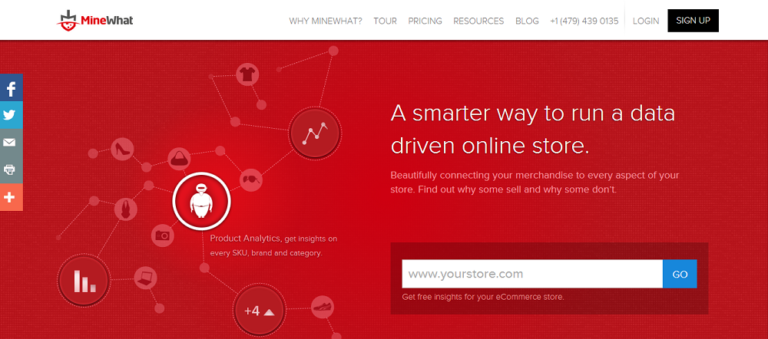The Pitch Startup Name * MineWhat: An eCommerce Intelligence Company What problem are you solving? With over 100,000...
Google Analytics
This is the second article in a series of articles from entrepreneurs that have been through Incubate, the...

